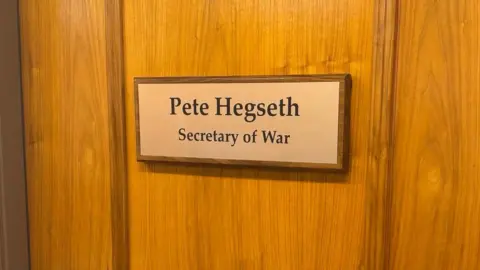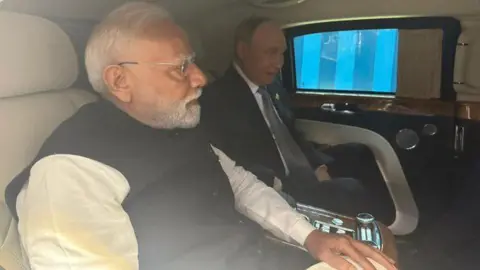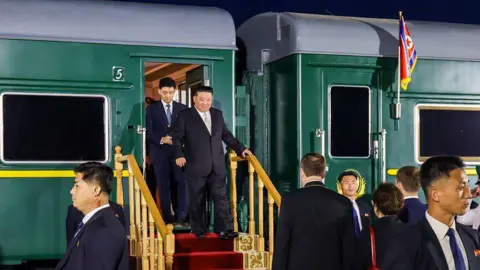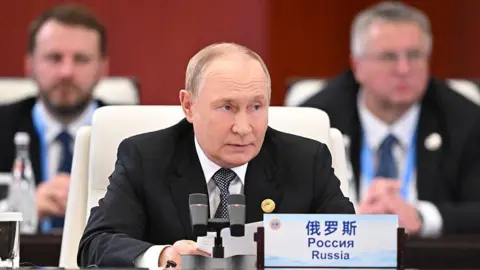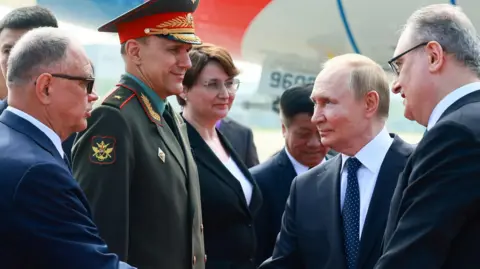In his inaugural trip to Asia, U.S. Defense Secretary Pete Hegseth focused on strengthening alliances to counter perceived Chinese threats in the region. During a press conference held in Manila, Philippines, on Friday, Hegseth emphasized that under the Trump administration, the United States would prioritize its commitment to Asia like never before.
“Today, it’s the Philippines. Tomorrow, it’s Japan, Australia, and South Korea,” Hegseth said, underscoring the collaborative efforts to establish deterrence mechanisms essential for preventing conflict. His initial stop in the Philippines is particularly significant, as the country grapples with escalating tensions in the South China Sea due to China's territorial claims. Japan faces similar challenges with Chinese incursions near disputed islands in the East China Sea, making Hegseth's visit timely.
Meeting directly with Philippine President Ferdinand Marcos Jr., Hegseth stated, “Deterrence is necessary around the world, but specifically in this region, in your country, considering the threats from the communist Chinese.” This statement not only highlighted the U.S. support for the Philippines but also served as a message to other nations in the region about the united front against aggression.
With mutual defense treaties in place with both the Philippines and Japan, Hegseth's trip aims to reassure these allies that the United States remains steadfast in its commitments, despite ongoing uncertainties regarding U.S. alliances spurred by current geopolitical dynamics. As his tour progresses, both the Philippines and Japan will be closely watching how this commitment translates into concrete actions.
“Today, it’s the Philippines. Tomorrow, it’s Japan, Australia, and South Korea,” Hegseth said, underscoring the collaborative efforts to establish deterrence mechanisms essential for preventing conflict. His initial stop in the Philippines is particularly significant, as the country grapples with escalating tensions in the South China Sea due to China's territorial claims. Japan faces similar challenges with Chinese incursions near disputed islands in the East China Sea, making Hegseth's visit timely.
Meeting directly with Philippine President Ferdinand Marcos Jr., Hegseth stated, “Deterrence is necessary around the world, but specifically in this region, in your country, considering the threats from the communist Chinese.” This statement not only highlighted the U.S. support for the Philippines but also served as a message to other nations in the region about the united front against aggression.
With mutual defense treaties in place with both the Philippines and Japan, Hegseth's trip aims to reassure these allies that the United States remains steadfast in its commitments, despite ongoing uncertainties regarding U.S. alliances spurred by current geopolitical dynamics. As his tour progresses, both the Philippines and Japan will be closely watching how this commitment translates into concrete actions.





